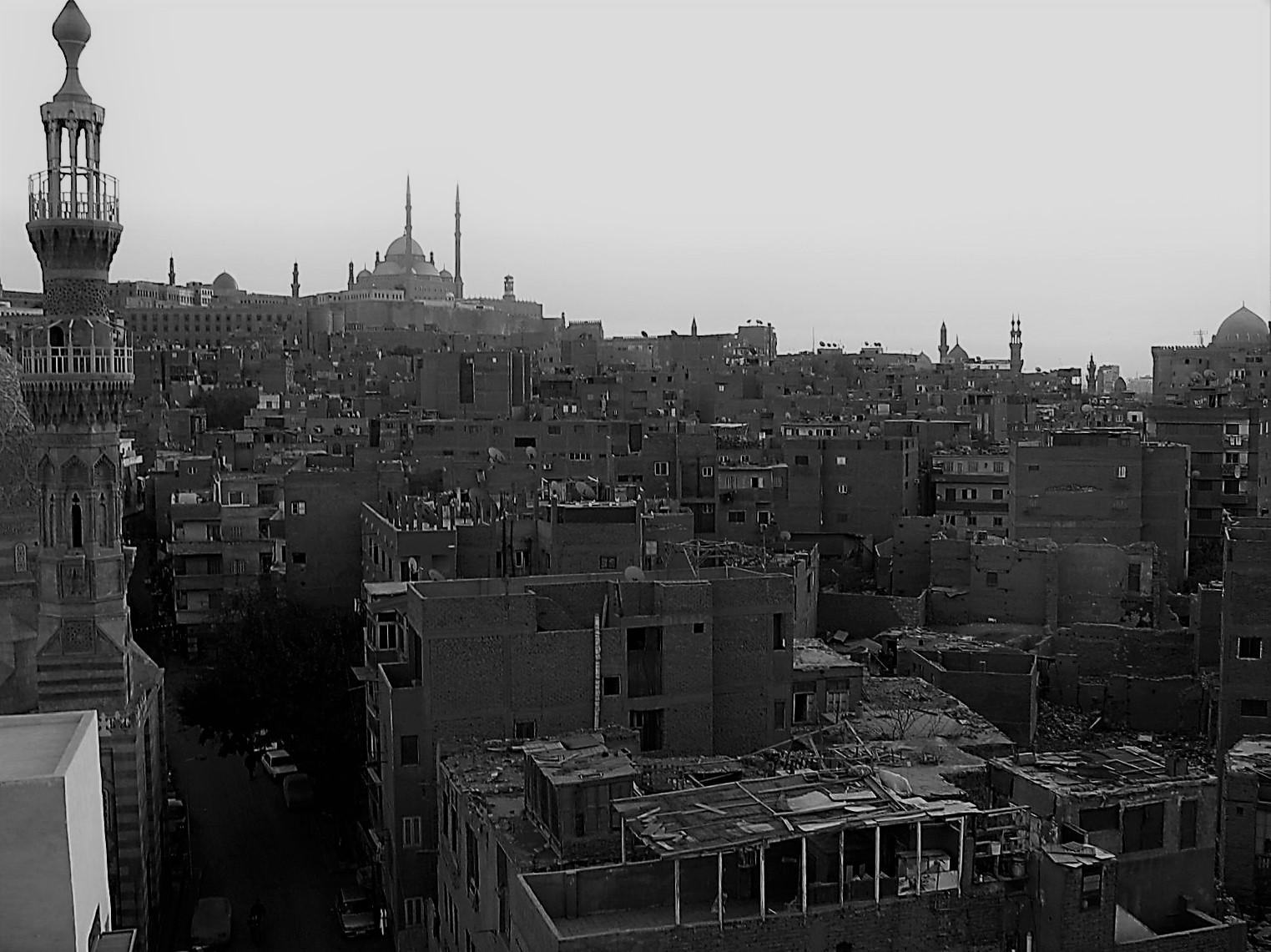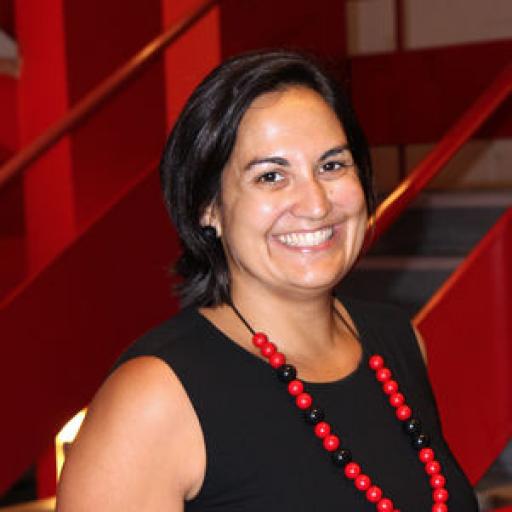
<CANCELLED DUE TO COVID-19 CRISIS>
The Historic Urban Landscape (HUL) approach “moves beyond the preservation of the physical environment, and focuses on the entire human environment with all of its tangible and intangible qualities. It seeks to increase the sustainability of planning and design interventions by taking into account the existing built environment, intangible heritage, cultural diversity, socio-economic and environmental factors along with local community values.”(UNESCO 2013) The different approaches – heritage, economic, environmental and sociocultural – “do not conflict; they are complementary and their long-term success is dependent on them being linked together” (UNESCO 2013).
In order to achieve these linkages, the HUL Recommendation highlights the use of a set of tools including Knowledge and Planning tools, one of which is Heritage Impact Assessment (HIA). In the context of implementing the HUL approach, such tools “should help protect the integrity and authenticity of the attributes of urban heritage. They should also allow for the recognition of cultural significance and diversity, and provide for the monitoring and management of change to improve the quality of life and of urban space.” HIA and other forms of assessment “should be used to support and facilitate decision-making processes within a framework of sustainable development.” (UNESCO 2011).
The Recommendations and subsequent documents do not specify how HIA should be mobilized to achieve these results. However, the expectation is that when HIA is employed within the HUL approach, it will be “a powerful, and critical, tool for safeguarding historically significant tangible and intangible urban cultural attributes for use in the formation of liveable, productive and socially cohesive cities.” (Bakker 2013:50) The questions we need to address are:
· Is the use of HIA in HUL based projects, in fact, achieving the expectations of the authors of the Recommendations?
· Is HIA supporting and facilitating decision-making processes within a framework of sustainable development?” (UNESCO 2011)
· Can an agreed methodology be developed to support the role of HIA as a tool for HUL.
Seminar
The Centre for Global Heritage and Development is organizing a one day seminar (Leiden University, April 16, 2020) to bring together scholars and professionals working in the overlap of HIA and HUL practice to address these question. The seminar will kick off a longer term project that aims to develop an HIA methodology and overall approach based on existing methodologies, such as the WHITRAP-ICOM-AAHM approach developed for Asia, to generate an HIA methodology that addresses current critiques on HIA and supports the HUL agenda.
Program
10.00 Welcome by Prof. Ana Pereira Roders, Professor in Heritage and Values, Faculty of Architecture and the Built Environment, TU Delft
10.15 Brief introduction to how HIA is presented in HUL document as an important tool for implementing the approach (Ana Pereira Roders)
10.30 Summary of HIA: dr. Ayesha Pamela Rogers, Director, Rogers Kolachi Khan & Associates Ltd. (Lahore, Pakistan) and Archaeological Assessments Ltd. (Hong Kong), Visiting Professor, National College of Arts, Lahore, Pakistan and HIA expert at Centre for Global Heritage and Development.
11.00 Coffee and tea-break
11.30 Presentation on Banjarmasin and results of the HUL Quick Scan (not confirmed)
12.00 lunch time (participants could make use of the Faculty’s canteen)
13.00 Punto Wijayanto (Department of Architecture, Trisakti University, Jakarta, Indonesia): "Development of HIA instruments in Indonesia" (video presentation)
13.20 Dr. Javier Lizarzaburu (Urban journalist, cultural activist and a former Editor with the BBC in London): "The pre-Hispanic irrigation canals of Lima, Peru: some lessons from the past in the urban chaos of the present"
13.50 Dr. Hassan Bazaz Zadeh (Poznan University of Technology): Case study from Iran (video presentation)
14.20 Jean-Paul Corten (Cultural Heritage Agency of the Netherlands): Integrated Conservation
14.50 Seher Erbey, Mustafa Tanriverdi, Hülya Berkmen (Urban and Regional Planning, YTU): "A View of Istanbul WHS in the Context of HIA: Historical Landscape Values and Sustainability"
15.15 tea break
15.45 Dr. Özgün Özçakır (ESHCC/EUR), Dr. Ayşe Güliz Bilgin Altınöz (Middle East Technical University, Turkey) and Dr. Anna Mignosa (ESHCC/EUR): "Heritage Value Circle: A Tool for Assessing the Impacts of Interventions to Heritage Values"
16.15 Dr. Martín Andrade Pérez (co-author HIA Valparaíso): "The HIA of Valparaíso (Chile) and the challenges of the HUL approach in its elaboration"
16.45 Final words by Ayesha Pamela Rogers
17.00 End
(a selected group will follow up on the seminar with a Leiden Statement the following day)
registration
If you would like to join this event, please register through sending an email to info@globalheritage.nl mentioning 'HIA in HUL seminar' in the subject line and your name (and institution) in the body. Final date for registration: April 10.



